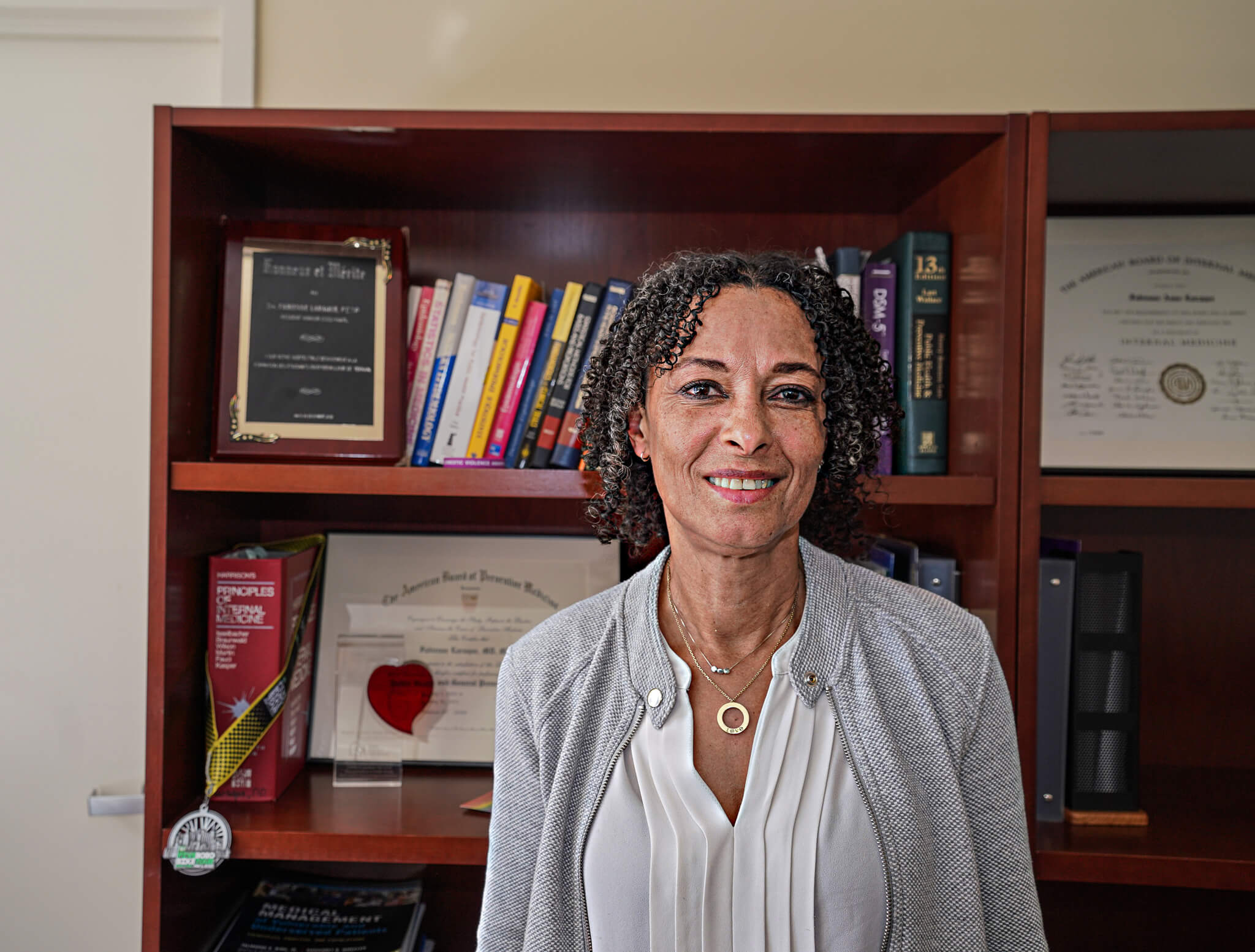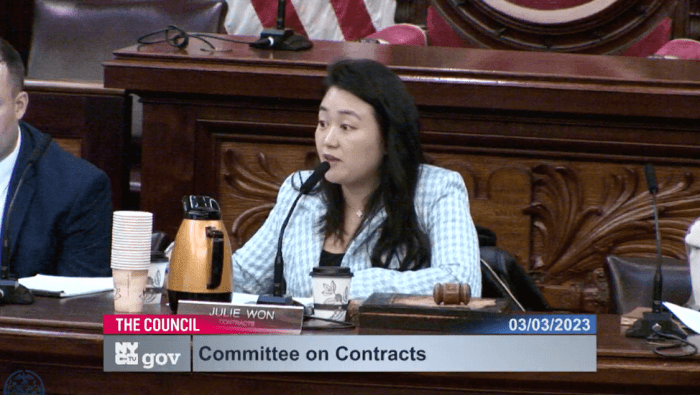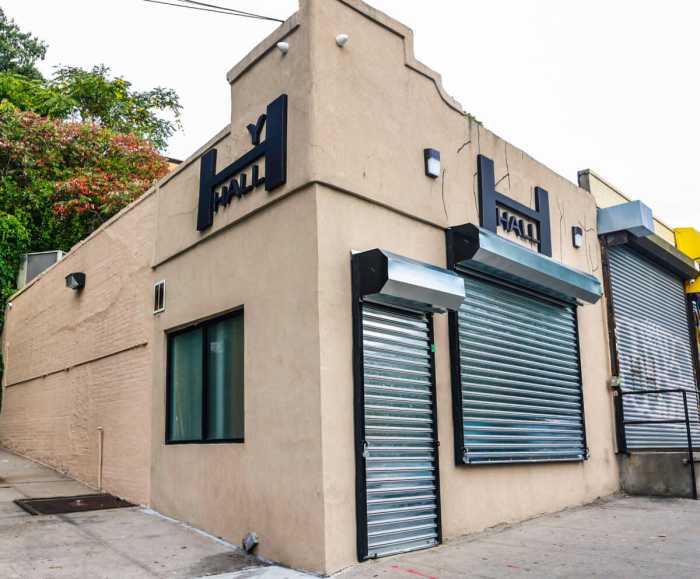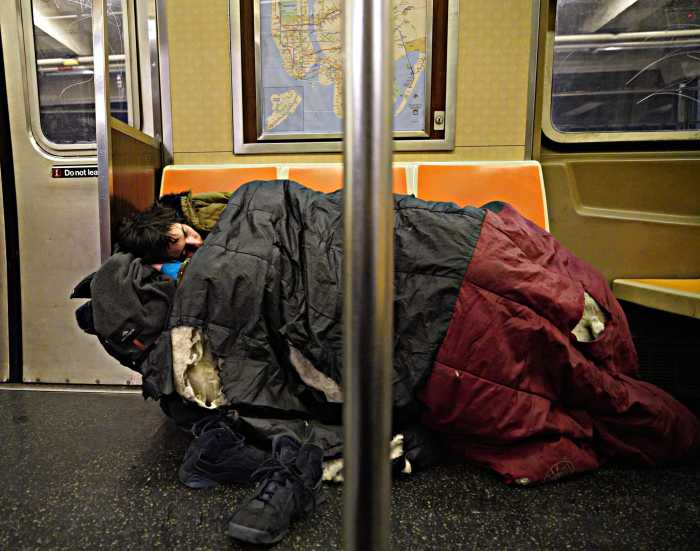The Department of Homeless Services (DHS) is undertaking a new, first-of-its-kind, two-year harm-reduction initiative in hopes of saving lives from drug overdoses, amNewYork Metro has exclusively learned.
Whether deservedly, or undeservedly, DHS has grown a reputation among those experiencing homelessness as being a somewhat callous and cold city agency. However, the department is looking to shift that mindset dramatically thanks to a nation first that is promised to bring a cultural reset along with it, altering how they treat their clients.
According to the agency’s Medical Director Dr. Fabienne Laraque, the Harm Reduction Strategic Plan looks to expand upon work the DHS has already been carrying out regarding Naloxone training—a drug administered to rapidly reverse opioid overdose. Beginning in 2016, DHS started providing Overdose Response and Naloxone Training, as well as distributing free Naloxone kits to those dwelling inside of its shelters to a tune of 66,000 kits.
While DHS says they still strongly discourage drug use and forbid narcotics inside of their shelters, Dr. Laraque says that she understands that people living with homelessness have experienced trauma and are likely to dull the pain using drugs. It is with this in mind that she underscores DHS is looking to revamp its mindset and expand upon its harm reduction practices through this two-year initiative launching now.
“What is happening is that there’s more and more overdoses. We are attending to the people who have overdosed but there’s so many overdoses that the number of overdoses continue to increase. And why is that? It’s the fentanyl in the drug supply. So, the drug supply is no longer safe. You could use drugs and not have an overdose because you use just enough but fentanyl is 50 to 100 times more potent than morphine,” Dr. Laraque told amNewYork Metro.

In place of simply telling clients that they shouldn’t be using these substances, DHS will offer training, tools, and resources to better equip staff and clients to carry out evidence-based harm reduction interventions. Both those dwelling in the shelter system and the staff themselves will receive universal harm reduction and Naloxone training, while the undomiciled will also be provided with special strips used to test the drugs for fentanyl. Not only that, clients will also be referred to other care providers who can aid in harm reduction.
“So, the idea of harm reduction is to use other ways to prevent the negative impact of opioids,” Dr. Laraque explained. “We have a lot of rules and we can be a little bit old-fashioned, you know, drugs are bad for you. But people use drugs anyway. So, how do we help? It’s not always helpful to say just stop, or it’s bad, or it’s negative, right? That doesn’t help anyone. One part of the plan is to raise awareness about this idea of harm reduction and to treat this condition as a medical condition, as a medical issue, and help our staff understand drug use and harm reduction better.”
While the doctor freely admits that staff has not always been understanding when it comes to their clients unique needs, she also said that the harm reduction initiative is as much about re-educating employees as it is for the city’s most vulnerable. It is also hoped that after clients test the substances for fentanyl, they will be able to discern which suppliers are safe, ultimately saving lives.
DHS was granted funding for this new initiative in 2022 by the city and NYS Office of Addiction Services and Supports, through which they will be linking individuals to care, providing medications for addiction treatment and ongoing care coordination, as well as hiring a data analyst to use DHS data to plan programs, monitor and report on outcomes.
Dr. Laraque stated candidly that it may take a few years for all of their staff members to fully grasp the new outlook, but she also says that she hopes this will be a great reset for the agency in terms of how they and their clients view one another in terms of treatment medically and ethically.
“You are not a homeless person; you are not a drug user. You are somebody experiencing homelessness and you are somebody who uses drugs, because that doesn’t define you,” Dr. Laraque said.
































